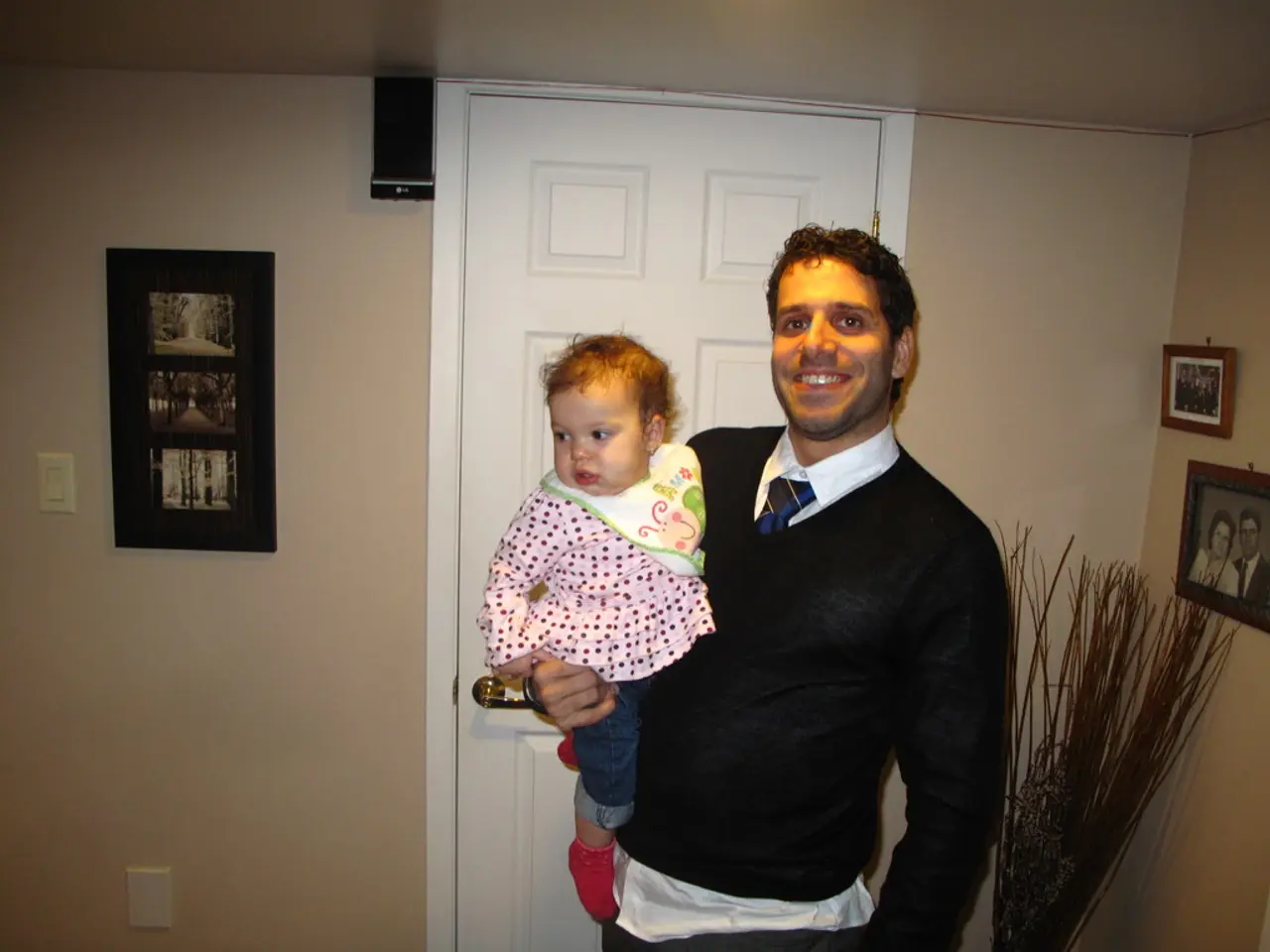Depression triggered by separation or loss: Signs, causes, and additional information
Anaclitic depression is a theory from a psychodynamic standpoint that refers to a type of depression arising from loss or disruption of a close, dependent relationship. While not an official diagnosis, it provides valuable insights into the emotional struggles of individuals with an anaclitic personality, particularly in the context of relationships and personal development.
Infants and Anaclitic Depression
First described by René Spitz in the 1940s, anaclitic depression in infants occurs after prolonged separation or loss of the primary caregiver, typically the mother. Infants who experience such separation may exhibit symptoms such as withdrawal, apathy, failure to thrive, sleep disturbances, and decreased responsiveness. These symptoms stem from the disruption of the essential attachment and emotional support needed for normal infant development.
Adults and Anaclitic Depression
In adults, anaclitic depression (sometimes related to or overlapping with dependent personality patterns or depressive states characterized by excessive neediness) involves emotional symptoms such as feelings of helplessness, fear of abandonment, heightened dependency on close personal relationships, and mood disturbances. Adults with anaclitic depression may exhibit preoccupation with relationships and anxiety around loss, resembling some features of dependent personality disorder but with a depressive component.
Key Differences
| Aspect | Infants | Adults | |---------------------------|--------------------------------------------|-----------------------------------------------| | Cause | Separation/loss of primary caregiver | Loss or threat to close attachment figures | | Symptoms | Withdrawal, apathy, failure to thrive | Emotional dependency, fear of abandonment | | Developmental context | Early critical attachment stage | Mature interpersonal and self-identity issues | | Diagnosis context | Observed behaviorally and physiologically | Psychological assessment of mood and attachment patterns |
Treatment Approaches
For infants, treatment focuses on restoring stable, continuous caregiving relationships to reestablish secure attachment and meet emotional and physical needs. This may involve caregiver support, psychotherapy for the caregivers, and environmental improvement to ensure consistent emotional availability.
For adults, treatment generally includes psychotherapy approaches like psychodynamic therapy or attachment-based therapies to address underlying attachment insecurity, dependence patterns, and mood symptoms. Medication (antidepressants) may be used adjunctively if depressive symptoms are severe. Building autonomy and coping skills are therapeutic goals.
Anaclitic Personality Style
Individuals with an anaclitic personality style may feel a strong need to form deep bonds with others and crave the approval and acceptance of others. Adults with anaclitic depression may display symptoms such as sadness, anger, low self-worth, fears of abandonment or rejection, trust concerns, reclusiveness, perfectionism, indecisiveness, and a deep fear of rejection, separation, or abandonment.
It's important to note that anaclitic depression can also occur in adults, and understanding this condition can provide valuable insights into the emotional struggles of individuals with an anaclitic personality. Treatment for anaclitic depression in adults typically involves psychotherapy and, in some cases, medication.
In summary, anaclitic depression in infants is primarily a result of disrupted early attachment with profound effects on development and behavior, treated by ensuring caregiving consistency. In adults, it manifests as dependent and depressive symptoms rooted in attachment insecurity, requiring focused psychotherapy and sometimes pharmacotherapy. The concept links with dependent personality traits and attachment theory but differs substantially with age and developmental stage.
Anaclitic depression is not exclusive to infants; it can also affect adults, resulting from loss or threat to close attachment figures, causing symptoms such as emotional dependency, fear of abandonment, and mood disturbances. As with infants, treatment for adults involves psychotherapy and, in some cases, medication to alleviate depressive symptoms.
In the context of health-and-wellness and mental-health, understanding anaclitic depression in adults is important for mental health professionals, as it provides insights into the emotional struggles of individuals with an anaclitic personality, especially parents who might be experiencing chronic stress or depression due to their reliance on relationships.
Parents expecting another child should be mindful of their mental health during pregnancy and postpartum periods. With the added demands of childcare, they might be more susceptible to developing anaclitic depression if they struggle with emotional dependency or are ill-prepared for the challenges of parenting, potentially impacting both their own well-being and the health of their relationships.




